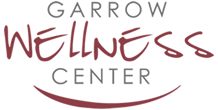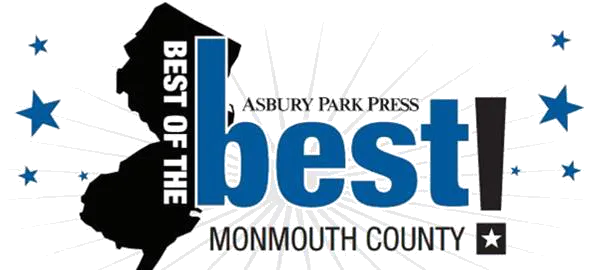Look, if you live in Sea Girt and you’re not dealing with some kind of ache or pain from staying active, you’re probably not trying hard enough. This place turns everyone into weekend warriors, and weekend warriors get hurt. It’s just what happens when you spend all week sitting at a desk then try to play like you’re still twenty-five.
I’ve been through this whole cycle myself – waking up one Monday morning barely able to lift my arm after overdoing it at volleyball, wondering if I was going to need surgery or if I’d ever serve the same way again. Turns out I just needed someone who actually understood what I was trying to get back to, not just someone who wanted to stop the pain and send me home.
The thing about getting injured when you’re active is it screws with way more than just your body. Your whole routine falls apart. That stress relief you get from your morning run? Gone. The social time with your tennis group? Cancelled. Even sleeping gets weird because you can’t find a comfortable position. So when you’re looking for help, you need someone who gets that this isn’t just about fixing a body part.

Physical Therapist Can Help With Your Pain
Recovery That Makes Sense for Real People
I learned the hard way that not all physical therapists understand recreational athletes. Some of them think telling you to “rest for six weeks” is helpful advice. Like, seriously? I’ve got a job, kids, and a social life that revolves around being active. Rest for six weeks isn’t a treatment plan, it’s a recipe for losing my mind.
The therapists who actually help people like us understand that recovery has to work around your real life. They figure out what’s actually wrong – not just where it hurts, but why it started hurting in the first place. Most of the time, it’s not some dramatic injury. It’s months or years of doing the same movements wrong, or asking your body to do things it’s not prepared for.
My shoulder problem wasn’t really about my shoulder. It was about spending forty hours a week hunched over a computer, then expecting that same shoulder to handle aggressive overhead motions on weekends. Once someone explained that connection, the treatment made way more sense than just icing it and hoping for the best.
Good therapy starts with someone actually listening to what you do all day, not just what hurts. They want to know about your work setup, your sleep position, what activities you’re not willing to give up, and what your goals actually are. Then they build a plan that works with your lifestyle instead of against it.
Staying Ahead of Problems
The smartest thing I ever did was start seeing a physical therapist before I was really hurt. Sounds backwards, but hear me out. All those little aches and stiffness issues you ignore? They’re your body trying to tell you something’s not working right.
Learning to Pay Attention
Most of us are terrible at reading our own bodies. We push through everything, assume pain is normal, and only get worried when something stops working completely. But your body gives you information constantly about what’s going well and what’s heading toward trouble.
That stiffness in your lower back after long bike rides isn’t just part of getting older. The way your knee feels weird after certain runs isn’t something to ignore until it becomes actual pain. These are early warning signs that something needs attention before it becomes a real problem.
I started paying attention to these signals after my shoulder thing. Now when something feels off, I address it instead of hoping it goes away. Sometimes that means doing specific exercises, sometimes it means modifying my training for a few weeks, sometimes it means getting professional help before things get bad.
Prevention is way less expensive and time-consuming than recovery. Trust me on this one.
Finding Someone Who Actually Gets It
Not everyone who calls themselves a sports physical therapist really understands recreational athletes. Some of them have only worked with people trying to get back to basic daily activities, not people trying to return to competitive weekend sports.
The difference matters when you’re trying to trust your body again after an injury. Getting your shoulder to stop hurting during normal activities is different from feeling confident it can handle a hard volleyball spike or tennis serve. The therapy has to prepare you for the actual demands you’re going to place on it.
I found my current therapist through recommendations from other active people in town. She’s worked with plenty of weekend warriors, understands the mental side of getting back to sports, and doesn’t treat every injury like it’s career-ending.
The best part is she’s honest about timelines and realistic about what’s possible. No false promises, no generic treatment plans, just straight talk about what recovery actually looks like for someone who wants to get back to playing hard on weekends.
The Real Deal
Getting hurt sucks, but it doesn’t have to derail your entire active lifestyle. Find someone who understands what you’re trying to get back to, listens to your actual concerns, and builds recovery around your real life. Your future self will thank you for taking it seriously now instead of hoping everything just fixes itself.

